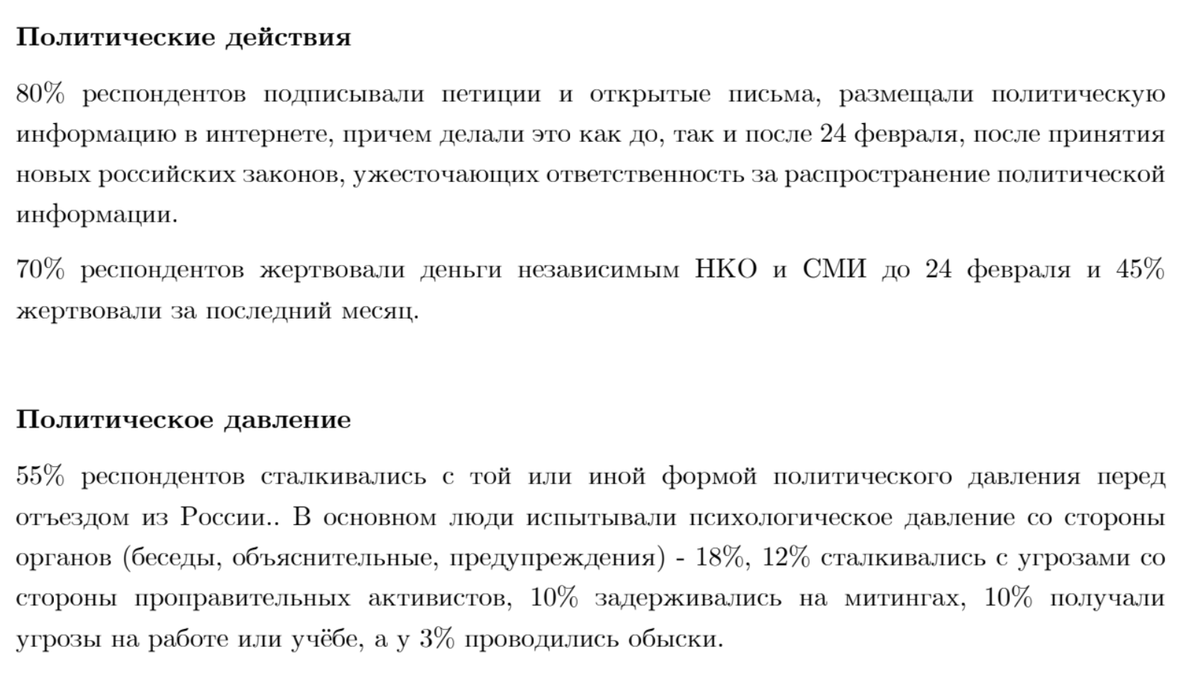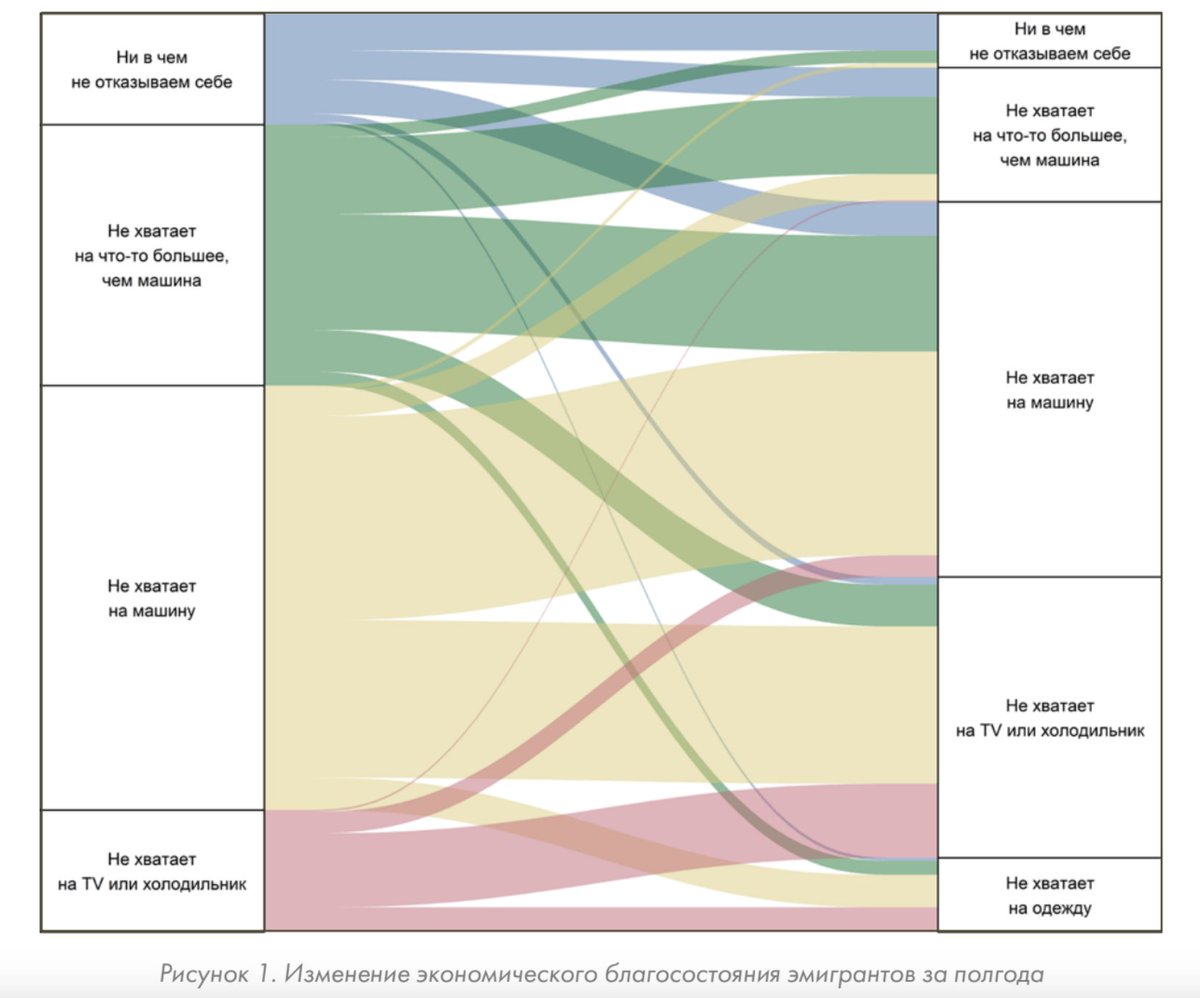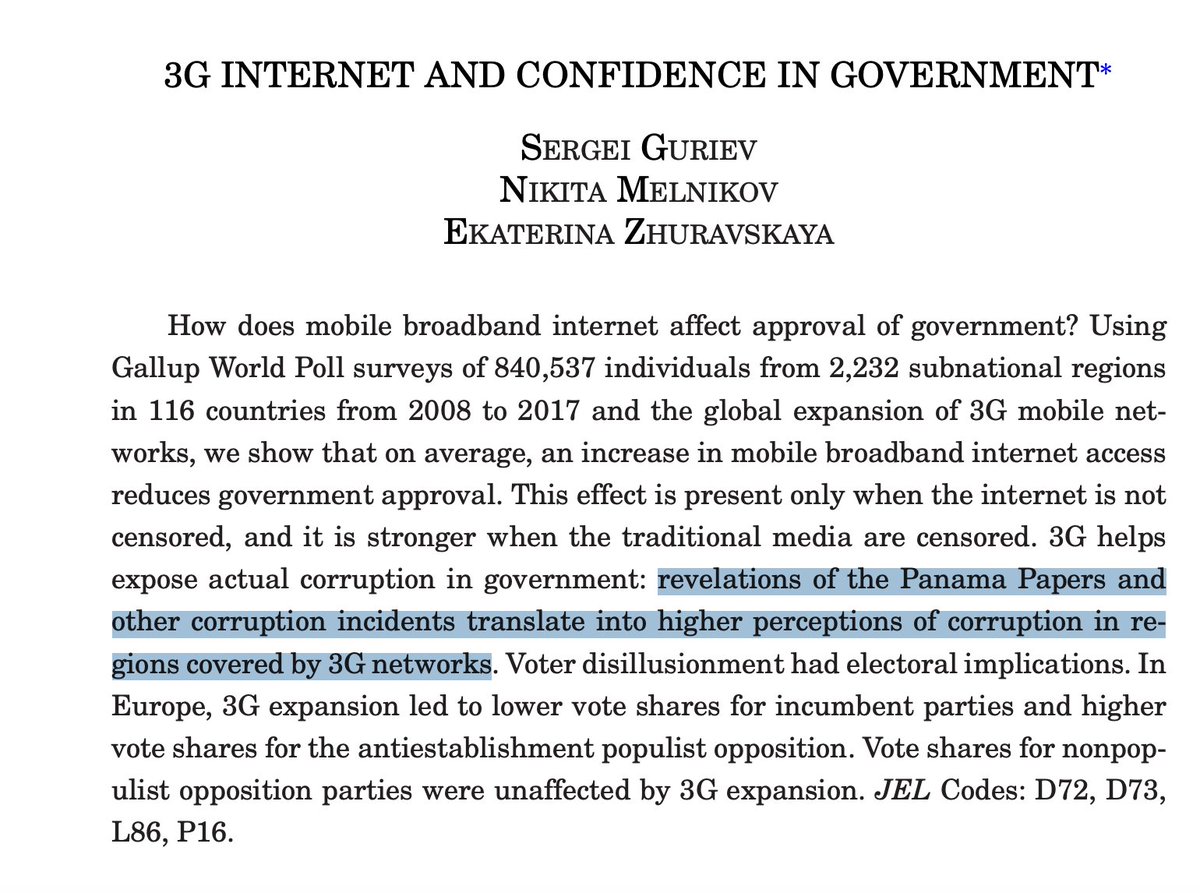MYTHS ABOUT RUSSIAN IMMIGRANTS
A viral tweet claims that most recent Russian immigrants are just "Amazon refugees" who left only because of sanctions and personal inconvenience.
It’s been a while since I’ve done a thread debunking idiotic drivel, so here we go.
1/
A viral tweet claims that most recent Russian immigrants are just "Amazon refugees" who left only because of sanctions and personal inconvenience.
It’s been a while since I’ve done a thread debunking idiotic drivel, so here we go.
1/
https://twitter.com/CaolanReports/status/1958424109680832857
Let's talk about Russian immigrants, their motivations, and their finances.
I'll start by saying I've got no idea who this frat bro is, but you’d have to be detached from reality to think Russians left in search of better delivery services or a better online shopping
2/
I'll start by saying I've got no idea who this frat bro is, but you’d have to be detached from reality to think Russians left in search of better delivery services or a better online shopping
2/
In fact, Russian immigrants often find those services in their host countries far inferior to what they had in Russia. Amazon, by the way, never really took off there. AliExpress, Wildberries, and Ozon were far more popular, and none of them suspended operations in Russia.
3/
3/
Wildberries, the most popular online store in Russia, increased its sales by more than 300% since 2021.
But back to the Russian immigrants.
4/
But back to the Russian immigrants.
4/
In 2022, between 650,000 and 1 million Russians left the country. Who were they, and what motivated them to leave? Did they gain or lose financially?
Since then, numerous surveys, both quantitative and qualitative, have examined these questions.
5/
Since then, numerous surveys, both quantitative and qualitative, have examined these questions.
5/
But let’s start with a basic categorization. I’ll simplify somewhat, but you’ll get the general picture.
Group #1: OG relocants.
These were employees of multinational firms that chose to exit Russia.
6/
Group #1: OG relocants.
These were employees of multinational firms that chose to exit Russia.
6/
Their employers offered relocation packages to jurisdictions where Russians could work without a visa or where visa procedures were straightforward. Cyprus was a popular destination.
7/
7/
These people are hardly "Amazon refugees." They weren’t seeking convenient shopping. Leaving Russia was the only way they could protect their livelihoods.
8/
8/
Group #2: Political Exiles.
This group has two subcategories: media figures and ordinary participants. Media figures are people you might recognize: journalists & writers. These were domestic critics of Putin who had still been tolerated in Russia before 2022.
9/
This group has two subcategories: media figures and ordinary participants. Media figures are people you might recognize: journalists & writers. These were domestic critics of Putin who had still been tolerated in Russia before 2022.
9/
This group is visible but small compared to the ordinary participants. Ordinary participants are those who, at some point in their lives, were involved in anti-Putin activism, but they were never full-time activists.
10/
10/
Think of a surgeon who volunteered for Navalny’s 2018 campaign, or an accountant who joined ecological protests on weekends. Civil activism was on the rise in Russia. This is a huge group.
11/
11/
According to a survey of Russian immigrants conducted by the OutRush team, 80% of respondents had signed political petitions online, 70% had donated to NGOs, and 55% had experienced some form of political pressure.
12/
12/

This is a convenience sample, so the results are likely skewed toward an overrepresentation of activists. Even so, the findings are telling.
Also, this was a pre-mobilization survey.
13/
Also, this was a pre-mobilization survey.
13/
Group #3: Relocants-Adjacent
This group sometimes calls themselves “relocants,” but they are not OG Relocants. OG Relocants were offered relocation by their employers, whereas members of this group chose to relocate on their own.
14/
This group sometimes calls themselves “relocants,” but they are not OG Relocants. OG Relocants were offered relocation by their employers, whereas members of this group chose to relocate on their own.
14/
They were able to do this either because they had remote jobs that could be performed from anywhere, or because they had enough skills & connections in their chosen host country to secure employment there.
15/
15/
This is a sizeable group. In fact, it was large enough that the Russian government pressured domestic firms to eliminate fully remote roles.
It’s difficult to parse this group’s motivations, but they were likely political, not economic, or at least not purely economic.
16/
It’s difficult to parse this group’s motivations, but they were likely political, not economic, or at least not purely economic.
16/
Why? Because Russia has low unemployment and rising salaries, with high demand for skilled workers. Inflation and mortgage rates are steep, but not enough on their own to drive people out without additional push factors.
17/
17/
More broadly, you’d have to know nothing about immigration to believe that minor inconveniences, like losing access to a favourite online shop or furniture store, would motivate people to upend their lives and move.
18/
18/
Immigration is hard. You lose your social circle, and in most cases you have to accept a significant loss of status. You need to rebuild your professional networks from scratch and adjust to a new life. It’s a huge "inconvenience", far greater than losing access to "Amazon."
19/
19/
Group #4: Mobilization Dodgers
In Sep 2022, Putin issued a mobilization decree that remains formally in effect. Hundreds of thousands of Russian men responded by fleeing the country. This is another huge cohort, motivated by self-preservation and survival, not "Amazon."
20/
In Sep 2022, Putin issued a mobilization decree that remains formally in effect. Hundreds of thousands of Russian men responded by fleeing the country. This is another huge cohort, motivated by self-preservation and survival, not "Amazon."
20/
These are the major groups.
None of them can in good faith be called "Amazon refugees." Most left Russia either out of self-preservation or as a moral choice.
So, what about their finances?
21/
None of them can in good faith be called "Amazon refugees." Most left Russia either out of self-preservation or as a moral choice.
So, what about their finances?
21/
If we look at their host countries, the vast majority of immigrants went to three: Armenia, Georgia, and Türkiye. Two of these (Armenia and Georgia) are significantly poorer than Russia. Türkiye has a slightly higher GDP per capita.
22/
22/
Other popular destinations, Kazakhstan and Serbia, have slightly lower GDP per capita than Russia.
On those facts alone, you wouldn’t expect Russian immigrants to be doing much better financially in their host countries than in Russia.
23/
On those facts alone, you wouldn’t expect Russian immigrants to be doing much better financially in their host countries than in Russia.
23/
Add to that the usual initial exclusion of immigrants from professional networks and the premium placed on local experience, and you’d expect them to do worse than they did in Russia, at least at first.
24/
24/
This simple intuition is confirmed by survey data. According to an OutRush poll, most immigrants are doing worse financially than they did in Russia. 

Here's the full diagram of OutRush respondents. It's clear that most are doing worse, many are clinging to the material comfort they had in Russia, and improvement in their material position is rare.
26/
26/

In sum, the frat bro’s claims are nonsense. Russian immigrants aren’t motivated by "Amazon." They’re fleeing political repression, prosecution, war mobilisation, or economic hardship.
Usually at the cost of lower living standards.
end/
Usually at the cost of lower living standards.
end/
• • •
Missing some Tweet in this thread? You can try to
force a refresh













